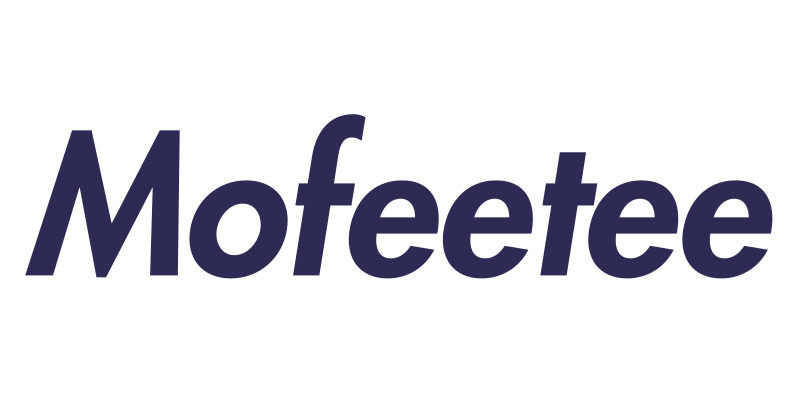News
Hope Hicks Testifies Against Trump in New York Criminal Trial
Key Developments in Trump’s Criminal Trial
Hope Hicks, previously a close adviser and communications director during the Trump administration, testified in the ongoing criminal trial of former President Donald Trump in New York on Friday. Several earlier witnesses had mentioned Hicks in their testimonies. During her appearance, prosecutors focused on her knowledge regarding the alleged arrangement between Donald Trump and the National Enquirer’s leadership. This deal reportedly involved suppressing stories potentially harmful to Trump’s 2016 presidential campaign, a practice known as “catch and kill.”
Hicks was the ninth witness to take the stand in Manhattan to provide testimony against the former president. Trump is currently facing 34 felony charges, accusing him of falsifying New York business records to conceal information that could adversely impact the 2016 presidential election. Trump has denounced the trial as “election interference,” arguing that it obstructs his 2024 presidential campaign by requiring his daily presence in court, thereby limiting his campaign activities.

Despite a gag order preventing him from discussing the trial’s specifics, Trump has continued to label the proceedings as a “witch hunt” on social media and in statements to the press, expressing keen interest in the day’s events.
Career Journey of Hope Hicks with Donald Trump and Beyond
Hope Hicks has been a prominent figure in Donald Trump’s circle since 2014, starting her journey at the Trump Organization where she worked under Ivanka Trump and Donald Trump himself. In 2015, Hicks took on the role of press secretary for Trump’s initial presidential campaign. Following his election, she ascended to positions within his administration, first as the director of strategic communications and later as the communications director, a role she resigned from in 2018.
Subsequently, Hicks joined Fox Corp. as the chief communications officer and executive vice president. However, her tenure with Fox was interrupted when she returned to the White House in 2020, serving as an aide to Jared Kushner—Trump’s son-in-law—and as a counselor to Trump.

During her testimony, Hicks recounted her extensive history with the Trump family, covering her experiences in both the business and political realms. She provided insights into the internal campaign reactions to the release of the Access Hollywood tape. Furthermore, Hicks addressed inquiries from a Wall Street Journal reporter regarding allegations of Donald Trump’s affairs with Playboy model Karen McDougal and adult film star Stormy Daniels, both of which Trump denied. Hicks noted that during this period, the primary focus within Trump’s group was the upcoming election, and she expressed skepticism regarding the notion that Michael Cohen, Trump’s attorney, would have made a payment to Daniels solely out of altruism, recounting that Trump had suggested this to her at the time.
Detailed Overview of Legal Testimonies and Allegations in Trump Campaign Case
Hope Hicks, in her testimony, expressed skepticism about Michael Cohen’s charitable nature, describing him as someone who typically seeks recognition. Previously, David Pecker, the former publisher of the National Enquirer, disclosed that Hicks was intermittently present during an initial meeting in August 2015. This meeting was reportedly about a deal to support the Trump campaign. Hicks had prior connections with American Media Inc., owned by Pecker, through her role at a communication and strategy firm.
In a recent court session, Hicks recalled frequent but unclear meetings with Donald Trump at Trump Tower, mentioning that she had seen Pecker there but could not remember specific meeting details. The proceedings highlighted the urgency within the Trump campaign following the release of the “Access Hollywood” tape, just a month before the election, which led to immediate crisis management efforts. Prosecutor Matthew Colangelo emphasized that an additional concern arose the following day when another woman, referred to as Daniels, threatened to publicize her alleged sexual encounter with Trump.

Colangelo argued that such revelations would have severely damaged Trump’s campaign image, and Trump’s primary aim was to keep these allegations from the voters until after the election. Further disclosures in 2019 revealed extensive communications involving Hicks, Cohen, Pecker, and Trump, particularly concerning the arrangements made following the tape’s release and leading up to the agreement with Daniels.
The prosecution has accused Trump of falsifying 34 business records, asserting that Cohen, under Trump’s direction, submitted 11 fabricated invoices for payments made by checks containing misleading entries signed by Trump. Despite these allegations, Trump has maintained his innocence, claiming his actions were merely payments to his lawyer.
What did Trump’s lawyers ask her about
During a court session, Hicks became visibly emotional, requesting a pause as she was questioned about her involvement with the Trump Organization. She clarified that although Michael Cohen was not formally part of the campaign, he often spoke on behalf of Trump, making media appearances and issuing statements. Hicks humorously commented on Cohen’s self-appointed nickname, “fixer,” noting that he often created the very issues he then resolved, which elicited laughter in the courtroom.
Trump’s attorney, Emil Bove, inquired whether it was standard practice within the campaign to collaborate with media outlets to highlight favorable stories. Hicks confirmed this, stating that her role in the campaign—which she described as a significant one—depended on such practices.
Further, when discussing the allegations concerning payments and supposed affairs, Hicks revealed that Trump was particularly concerned about how these reports would affect his wife, Melania. He was anxious enough that he wanted to ensure that newspapers detailing these stories were not delivered to their home.
In their opening statements, Trump’s legal team argued that any payments made to suppress damaging stories were motivated more by a desire to protect his family’s privacy than by electoral influence.






